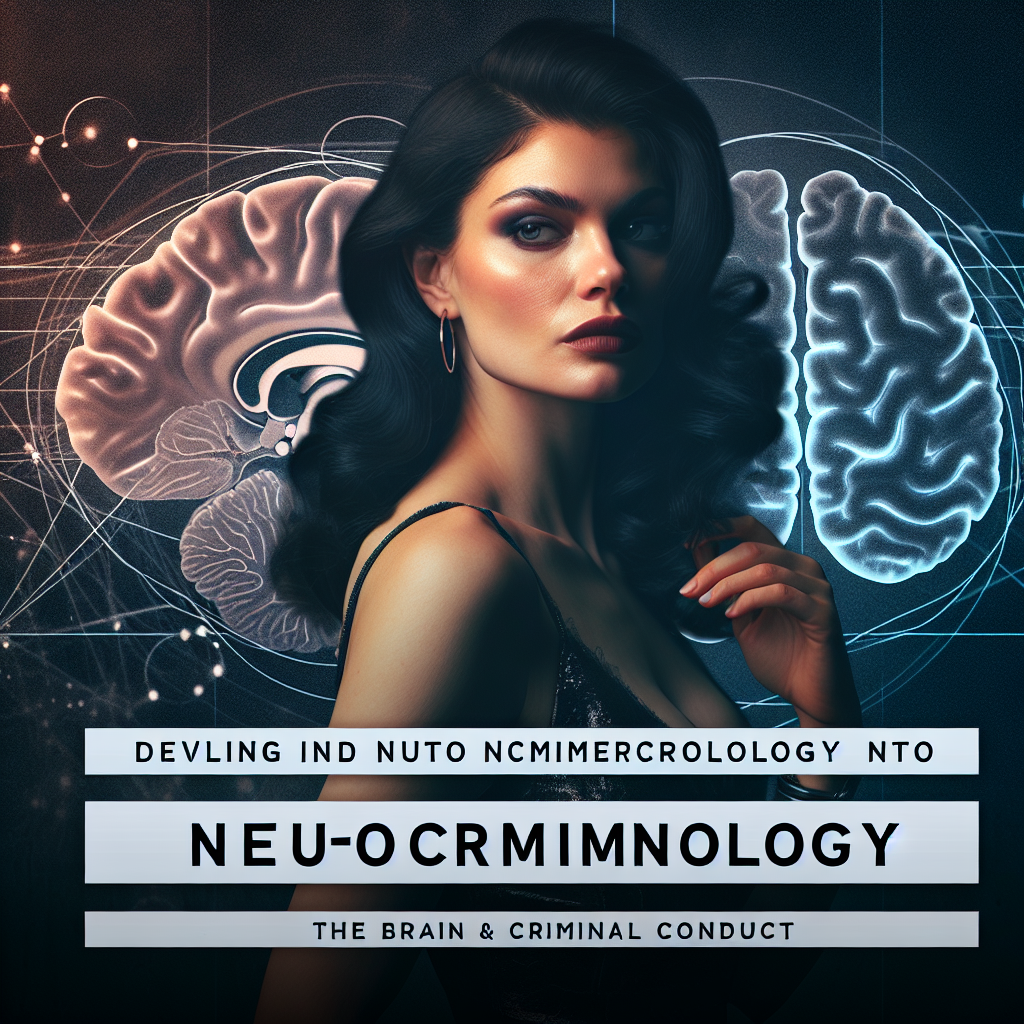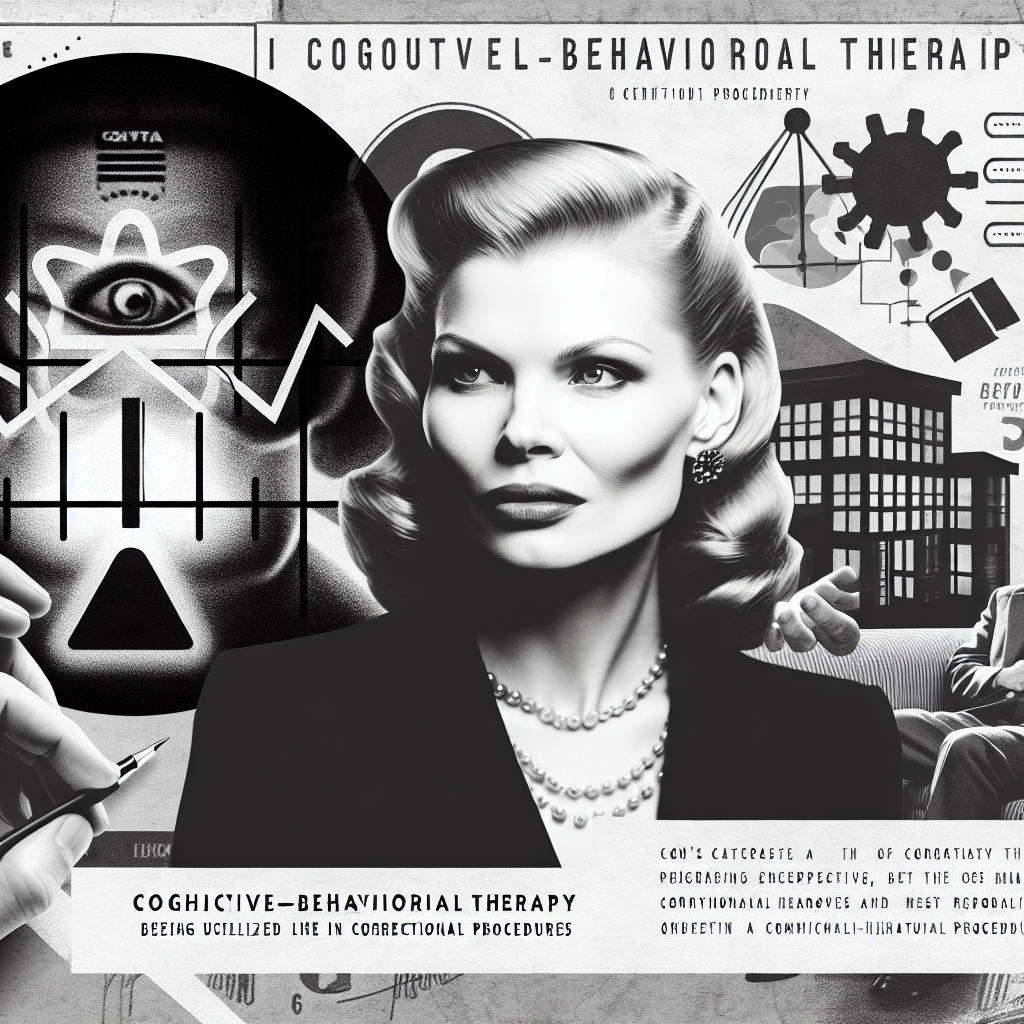Discover the Reality: Successful Techniques for Forensic Interviewing
Forensic interviewing techniques play a pivotal role in revealing the truth in criminal justice, thus proving or disproving the involvement of parties in criminal scenarios. Consequently, learning how to efficiently and effectively use such methods can significantly increase the accuracy of information gathered, hence promoting fairness in legal proceedings. This topic, “Uncover the Truth: Effective Forensic Interviewing Techniques” delves deeper …
Continue Reading
Understanding the Complex Psychological Elements Driving Youth Offending Behavior
The Complex Psychological Factors that Play a Significant Role in Influencing the Behaviour and Actions of Juvenile Delinquents Introduction to Juvenile Delinquency and Its Psychological Factors The plying development of human psychology and the mysteries swirling around juvenile crimes bear an ongoing debate about the intricate psychological factors influencing juvenile delinquency. Rather than looking at these vulnerable individuals as mere …
Continue Reading
Delving into the Minds of Criminals: Unraveling the Mystery of Psychopathy
Investigating the Inner Workings of Criminal Brains: A Comprehensive Analysis of Psychopathy This in-depth study delves into the intricate psychological profiles of criminals by investigating their mental processes and behavioral characteristics. The central focus of this exploration revolves around decoding psychopathy – a personality disorder that is often associated with persistent antisocial behavior, impaired empathy and remorse, and often, violent …
Continue Reading
Analyzing Behavioral Evidence: The Crucial Element in Crime Solving
Behavioral Evidence Analysis: The Critical Component in Solving Criminal Cases. The application of behavioral evidence analysis (BEA) in criminology is quintessential in deciphering intricate patterns, identifying potential suspects and helping to solve criminal cases. Behavioral Evidence Analysis acts as an in-depth exploration tool which connects both physical and psychological aspects of crimes, aiding in the comprehensive study of criminal behavior, …
Continue Reading
Delving into Neurocriminology: Linking the Brain and Criminal Conduct
Investigating Further into Neurocriminology: Analyzing the Relationship Between Brain Function and Criminal Activities This topic delves into the fascinating field of neurocriminology, a multidisciplinary science that explores the intricate interaction between human neural mechanisms and criminal behavior. It focuses on the relationship between the functions of the human brain and the conduct that is considered criminal. This topic further investigates …
Continue Reading
Grasping the Significance and Concept of Criminal Risk Assessment
Comprehending the Concept of Criminal Risk Assessment and Its Crucial Importance In the premises of law enforcement and legal justice, the concept of criminal risk assessment plays a pivotal role. Essentially, it refers to the prediction of an individual’s likelihood of committing a crime in the future. This is achieved through a comprehensive analysis based on several factors such as …
Continue Reading
Using Cognitive-Behavioral Therapy as a Tool in Correctional Procedures
Implementing cognitive-behavioral therapy (CBT) is a powerful and effective tool when used correctly within correctional settings. Cognitive-behavioral therapy is a type of psychotherapy that equips individuals with the ability to identify and change destructive or disturbing thought patterns that negatively influence behavior and emotions. It focuses on present issues and challenges, examining and altering current thought processes and responses. In …
Continue Reading
Efficiently Handling Aggression Using Impulse Control Strategies
Efficiently handling aggression by employing impulse control strategies involves understanding and recognizing aggressive tendencies or behavior and appropriately utilizing various techniques to control impulsive actions. These techniques may include simple actions such as maintaining a calm demeanor, walking away from conflicts, engaging in deep breathing exercises, or practicing mindfulness to ensure clearer thinking. In some situations, it may involve acquiring …
Continue Reading
Unveiling Advanced Techniques to Prevent Crimes Before They Happen
-
tcweekly
-
April 30, 2024
-
Criminal Psychology
-
0 Comments
Preventing Crimes Before They Take Place: Exploring Sophisticated Techniques Involved This topic takes a deep dive into the complex, futuristic methods employed by law enforcement agencies to forecast and prevent crimes before they ever happen. It intensely scrutinizes the hybrid blend of technology, artificial intelligence, psychology, and investigative science that comes into play to predict and avert potential criminal activities. …
Continue Reading
Unraveling the Enigma of Psychological Autopsies
-
tcweekly
-
April 29, 2024
-
Criminal Psychology
-
0 Comments
Unraveling the Enigma of Psychological Autopsies: A Detailed Exploration This exploration aims to delve into the lesser-known practice of psychological autopsies. This investigative process is often used in situations where an unexplained or sudden death occurs, particularly in cases of suspected suicide. Known in medical and psychological circles as a fascinating intersection of forensics and psychology, a psychological autopsy involves …
Continue Reading












